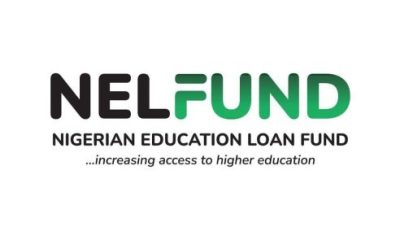Business
Speculators moan their losses as the naira gains N95/$ in less than a week
In a striking reversal, the naira demonstrated newfound strength against the dollar within the peer-to-peer (P2P) market, opening at N855/$ on Friday morning.
This marked a considerable turnaround from the previous week’s dollar peak, which scaled an unprecedented height of N950/$ across P2P markets. This upsurge occurred in tandem with apprehensions about imminent scarcity.
The naira’s impressive appreciation amounted to a significant amount of N95/$ within less than a week. Meanwhile, on the official market, the naira is presently trading around N740/$.
The noticeable convergence between the I&E FX window and the black market has notably curtailed the allure of speculative activities.
Nigeria’s local currency experienced a robust appreciation against the US dollar as the nation’s foreign exchange market witnessed an influx of supply.
This was fueled by NNPC Limited’s acquisition of a $3 billion loan from AfreximBank, aimed at bolstering exchange rate stability.
Furthermore, the recent pronouncement by the Acting Governor of the Central Bank of Nigeria (CBN), Mr. Folashodun Shonubi, indicated forthcoming measures to amplify the money supply.
This move is geared towards addressing speculators’ attempts to mitigate the persistent devaluation of the naira.
Subsequently, in a crucial interaction, Mr. Shonubi informed President Bola Tinubu of the central bank’s initiatives to avert a potential naira collapse.
Speaking from the State House in Abuja, he divulged his intent to employ innovative tactics for stabilizing the naira against the dollar.
Assuring Nigerians, Mr. Shonubi underscored the CBN’s earnest efforts to augment liquidity and market steadiness, coupled with a commitment to tackle issues within the parallel market.
He highlighted that market fluctuations are attributed not only to economic factors but also to speculative demand.
The CBN’s observations have revealed that illicit money transfers through improper channels and unauthorized dollar sales by commercial banks stand as the chief culprits driving the naira’s sustained depreciation.
In a bid to foster transparency within the country’s FX market, the CBN recently introduced the Currency Price Verification System (FX) “PVS.”
This novel portal enables importers to access foreign exchange and enhances visibility within the market.
The apex bank further underscored that effective August 31, 2023, the Portal Price Verification Report will be mandatory for all Form M applications.
This regulatory step followed the CBN’s recent warning of potential penalties for forex speculators, reinforcing its commitment to market integrity.























